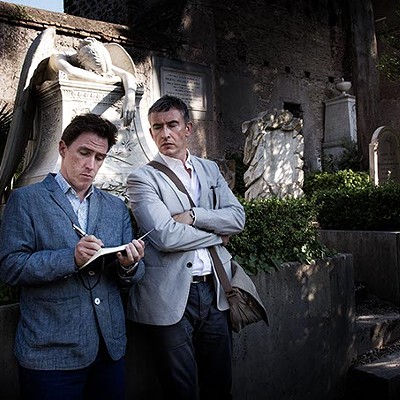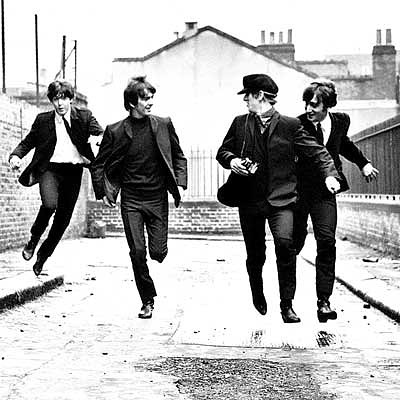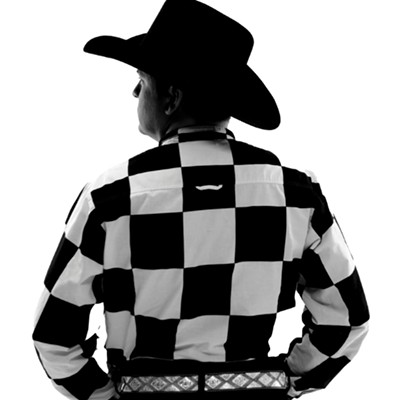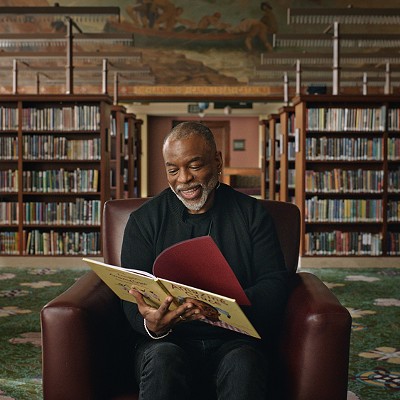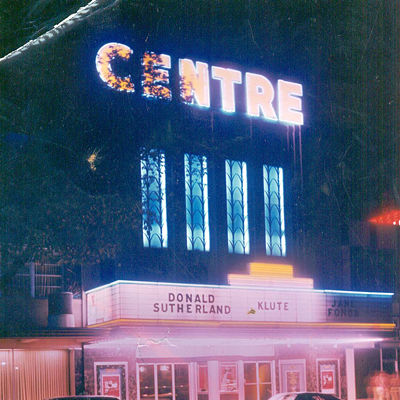“The King’s Speech” is one of those films seemingly made with a checklist for garnering awards. Real-life story of an embattled hero overcoming a handicap? Check. About the British monarchy? Check. Customarily great British actors being customarily great and, um, British? Check.
Still, “Speech” also has another trick up its sleeve: It is excellent — a rare work of Oscar-bait as satisfying as it purports to be.
And it is anchored by Colin Firth (“A Single Man”), remarkable as King George VI, who ascended to the British throne in 1936 when older brother Edward VIII abdicated to marry a divorced American. George VI, who had been Albert Frederick Arthur George, the Duke of York, was plagued with a lifelong stammer in a position that required, among other things, public speaking.
The movie begins with Albert struggling through an address at the 1925 British Empire Exhibition. A short time later, his devoted wife, Elizabeth (Helena Bonham Carter, “Alice in Wonderland”), turns in desperation to Lionel Logue (Geoffrey Rush, “The Warrior’s Way”), an Australian speech therapist known for unconventional methods.
The relationship between therapist and patient — a witty commoner and an insecure, short-tempered royal — makes for an uneasy alliance before the inevitable blossoming of friendship and mutual respect. But if “The King’s Speech” ultimately adheres to the well-traversed path of a buddy picture, it’s to the credit of director Tom Hooper (“The Damned United”) and screenwriter David Seidler (“Quest for Camelot”) that the film never feels musty — especially impressive when you consider its storyline is a matter of history.
Albert reluctantly takes the throne after the death of his father (Michael Gambon, “Harry Potter and the Deathly Hallows: Part 1”) and abdication of Edward VIII (Guy Pearce, “The Road”). All the while, Europe drifts toward world war, setting the stage for a pivotal speech by the recently coronated king to his subjects.
The film is blessed with great acting. Firth quietly hints at the anger and resentment simmering beneath the stiff exterior, and he conveys it while perfectly capturing the fitful rhythms of George’s stammer. It’s an extraordinary performance likely to net him an Oscar. But he also happens to have tremendous chemistry with Rush, who is beautifully (and uncharacteristically) restrained as Lionel. The supporting cast is just as good, with Bonham Carter, Gambon and Pearce doing memorable jobs.
Worthy performances, however, mean little without an equally worthy story. Fortunately, “Speech” boasts a deft, literate and surprisingly funny screenplay. Seidler, himself a stutterer, presents critical information in concise and fascinating ways. He doesn’t ladle on exposition about the psychological scarring that has spurred the king’s stammer; instead, clues are doled out in a wonderful scene in which George VI croons a meaningfully barbed version of “Swanee River.”
And in the movie’s climactic radio address, the filmmakers resist the temptation to truncate, or gin up, the speech. It’s a fearless approach, much like the two male characters at the film’s sizable heart.


